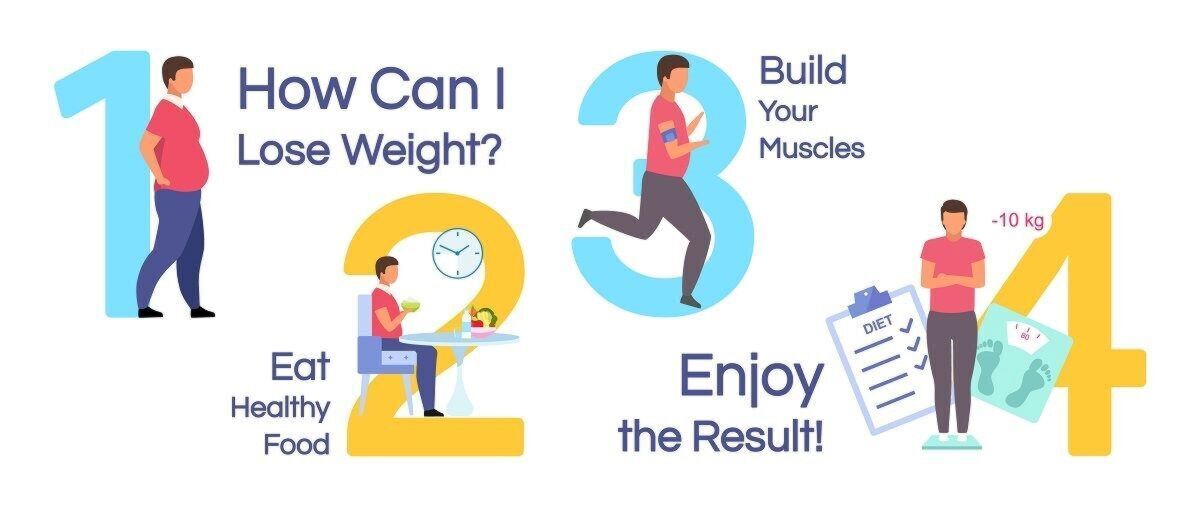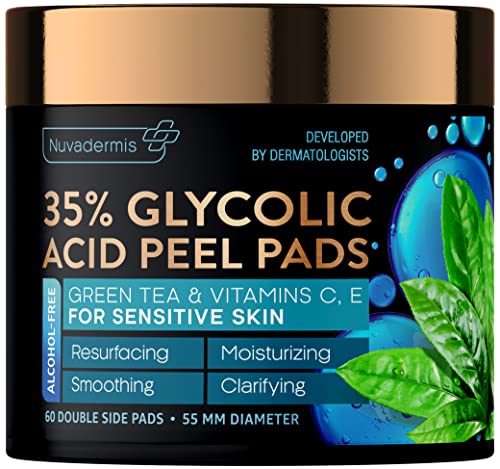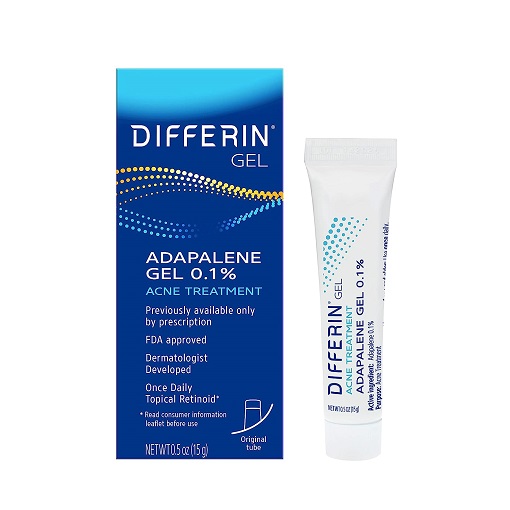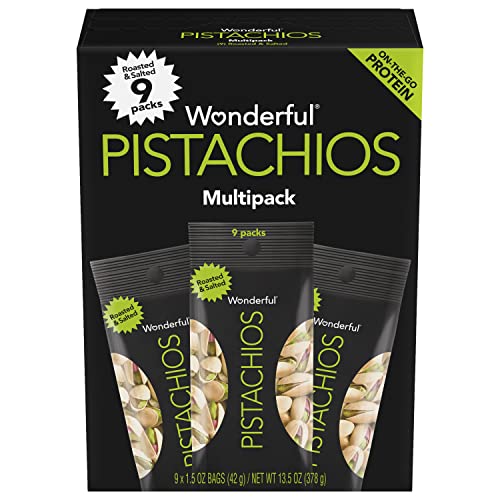Local Storage seems to be disabled in your browser.
For the best experience on our site, be sure to turn on Local Storage in your browser.
Easy, Fast and Permanent Weight Loss Methods

The best way to lose weight permanently and quickly
- A closer look at a healthy diet
- Start planning
- Obtain accountability and assistance
- Adjust Your Eating Schedule
- Should You Fast?
- Top notice
There are several effective ways to lose weight, and the best approach depends on your individual preferences and circumstances. Here are some tips that can help:
- Caloric deficit: One of the most important factors in weight loss is to create a caloric deficit by consuming fewer calories than you burn each day. This can be achieved by reducing your calorie intake through healthy eating or increasing your physical activity level.
- Healthy eating: Eating a balanced, nutritious diet is crucial for weight loss. Focus on eating whole foods, such as fruits, vegetables, lean proteins, whole grains, and healthy fats. Avoid processed and junk foods that are high in calories, sugar, and unhealthy fats.
- Exercise: Regular physical activity can help you burn calories and lose weight. Aim for at least 150 minutes of moderate-intensity exercise per week, such as brisk walking, cycling, or swimming.
- Strength training: Incorporating strength training into your workout routine can help you build muscle mass, which can boost your metabolism and help you burn more calories.
- Hydration: Drinking plenty of water can help you feel full and prevent overeating. Aim for at least 8 glasses of water per day.
- Sleep: Getting enough sleep is essential for weight loss, as lack of sleep can disrupt your metabolism and increase your appetite. Aim for 7-8 hours of sleep per night.
- Seek support: Losing weight can be challenging, so it's essential to have a support system in place. Consider joining a weight loss group or working with a registered dietitian or personal trainer.
Remember, sustainable weight loss takes time and requires a lifestyle change. Focus on making healthy habits part of your daily routine, and don't give up if you experience setbacks along the way.
A closer look at a healthy diet
A healthy diet is one that provides the necessary nutrients for optimal health, while also supporting a healthy weight and reducing the risk of chronic diseases such as heart disease, diabetes, and cancer. A balanced and healthy diet should include a variety of nutrient-dense foods from all food groups, including:
- Fruits and vegetables: These should make up a significant portion of your diet and provide a variety of vitamins, minerals, and fiber.
- Whole grains: These provide fiber, vitamins, and minerals, and should make up at least half of your daily grain intake.
- Lean protein sources: Such as poultry, fish, legumes, nuts, and seeds provide important nutrients like protein, iron, and zinc.
- Low-fat dairy products: Such as milk, yogurt, and cheese provide calcium, vitamin D, and other important nutrients.
- Healthy fats: such as olive oil, avocados, nuts, and seeds provide essential fatty acids that are important for heart health.
It's also important to limit your intake of unhealthy foods, such as processed and fried foods, sugary drinks and snacks, and foods high in saturated and trans fats. Eating in moderation and staying hydrated with water are also key components of a healthy diet.
First, remember that many specialists recommend losing weight gradually. It will probably remain off longer. According to the Academy of Nutrition and Dietetics, if you lose weight too quickly, you'll lose water, muscle, and bone instead of fat. The academy's recommendation is to aim to shed 1-2 pounds per week and to stay away from fad diets and items that make claims that seem unreal. It is best to focus your weight loss on lifestyle adjustments that you can maintain over time. Working with a doctor to ensure that you stay healthy and receive the nutrients you require will help you see benefits more quickly.

Start planning
The adage "calories in, calories out" means that you must expend more calories than you consume through food and drink. However, as many individuals can attest to from personal experience, it's not that easy.
Your body's capacity to convert calories into fuel, or metabolism, is another factor. Additionally, it's harmful to limit calories too much. Your metabolism slows down, which can cause you to consume less nutrients. There are several ways to accomplish this without drastically reducing your caloric intake. You might:
- Reduce portion sizes.
- Calculate how many calories you consume on a typical day and cut back a little.
- To find out how many calories are in each serving.
- read the food labels.
- You won't feel as hungry if you drink more water.
Whatever approach you choose, you must prioritize healthy foods like fruits, vegetables, whole grains, and lean protein to maintain a balanced diet. It is wise to work with a dietician.
Obtain accountability and assistance
You can track your meals using a variety of applications. You can use your smartphone, which you almost certainly always have with you, to stick to your plan. Or record what you ate and when in a food journal using pen and paper.
Additionally, you'll need supporters to keep you inspired and encourage you. So, enlist the aid of your loved ones in your weight-loss endeavors.
You might also want to sign up for a weight loss support group so you can share your experiences with others who can relate. Or consult a friend who has successfully shed weight in a healthy way. In a good manner, their encouragement is contagious!
Next, make an effort to pay attention to those feelings as they arise and be prepared to do something else in place of eating. Could you go for a stroll? To text a friend?
Finally, give yourself a prize for choosing differently. Just avoid rewarding them with food.

Adjust Your Eating Schedule
To reduce weight, you don't have to cut out any specific food groups, go vegan, or give up gluten. In fact, if it's something you can maintain over time, you're more likely to keep the weight off permanently.
However, it does make sense to drastically reduce or eliminate empty calories.
Cut back on added sugars. These are different from the sugars that are present naturally in foods like fruits, such as cookies, cakes, and drinks with added sugar. Foods high in sugar frequently offer many calories but few nutrients. Aim to consume added sugars at a rate of no more than 10% of your daily calories.
Pick and choose your carbs. You are in control of how much and which ones you eat. Look for foods that are fewer in carbs per serving or have a lower glycemic index than others (for example, asparagus has a lower glycemic index than a potato). Due to the removal of essential elements like fiber, iron, and B vitamins during processing, whole grains are a healthier option than processed foods. They might be reintroduced, as in "enriched" bread.
Add some protein. It is gratifying and will support maintaining your muscles. In addition to lean meat, chicken, fish, and dairy, there are vegetarian and vegan alternatives (nuts, beans, and soy are a few).
You may already have enough protein in your diet as most Americans opt to get it from leaner sources. Depending on your age, gender, and level of activity, you may require more or less protein.
Make good fats your friends. You might feel fuller and less like you're on a diet by consuming little amounts of fat. Olive oil, salmon, nuts, and seeds are the healthier options. These contain unsaturated fats, specifically polyunsaturated or monounsaturated fats.
Eat plenty of fiber. Vegetables, whole grains, fruits, and any other plant-based food will provide fiber. Others own more than they do. Artichokes, green peas, broccoli, lentils, and lima beans are some of the best sources. Raspberries top the list of fruits.
Take extra meals. It may prevent hunger if you eat five to six times each day. Each of those mini-meals may have an equal number of calories, or you could make some larger than others. Planning your quantities will help you avoid consuming more food than you intended.
What About Meal Substitutes? Your calories will be controlled by these goods. They are practical and remove the element of uncertainty from diets.
If you stop using meal replacements, you'll need to adjust your eating habits once more in order to keep the weight off.
Watch what you drink. Eliminating liquid calories like soda, juice, and alcohol is one simple approach to reducing weight quickly. Replace them with calorie-free beverages like black tea, unsweetened tea, or lemon water.
Should You Fast?
You may believe that fasting can help you lose weight quickly. However, it is preferable to have a diet that you can follow over time and that fits with your lifestyle.
If fasting is long-term safe, more study is required to determine this. The majority of studies on the effects of intermittent fasting were conducted on middle-aged, overweight adults. If it is safe for those who are older or younger or those who are at a healthy weight, more research is required.
Not every fast is the same. Some call for giving up all food. You can also fast and only eat every other day. The long-term effectiveness of intermittent fasting hasn't been thoroughly studied. therefore, if you arrive.
You can experience hunger and sour moods in the early stages of your fast. Constipation is another possibility. And you won’t have the energy to do much, physically. Get plenty of water, and take a multivitamin every day. Additionally, you should let your doctor know, particularly if you take any drugs that require adjustment.
If you fast, keep in mind that when your fast is over, you'll still need to modify your eating routine.
No matter how you lose weight, the best approach to keep it off is to make long-term lifestyle changes, such as adopting a nutritious diet and increasing your physical activity. You might want to speak with a professional if you're unsure of where to begin, how many calories to eliminate, or how to do it safely.
Top notice
The properties of pistachio on maintaining ideal body weight




















Comments